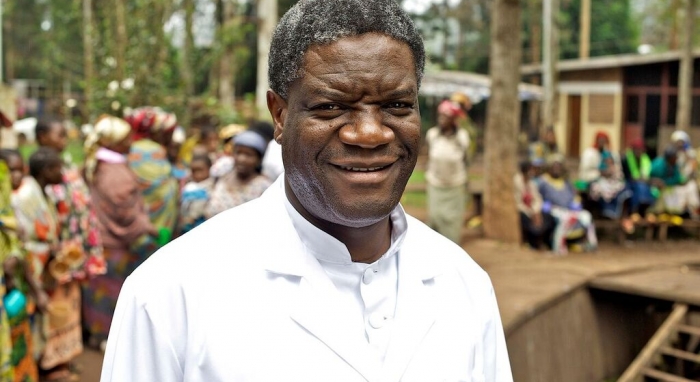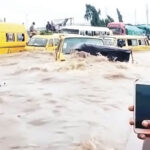A Nobel Peace Prize Laureate, Dr Denis Mukwege, says his family has been intimidated and threatened since he denounced the recent massacre in Kipupu in Mwenga territory in South Kivu of Congo.
Mukwege, who is the founder and Medical Director of Panzi Hospital and Foundations, said in a statement on Monday that since 2012 and even after two assassination attempts, he had continued to receive death threats.
“Since my tweet on Sunday, July 26 denouncing the recent massacre in Kipupu in Mwenga territory in South Kivu, I have received various hate mails, and members of my family have been intimidated and threatened,” he said.
Mukwege, a Special Adviser to the Mukwege Foundation, said about 22 years ago, he discovered the dramatic consequences of the war on Congolese soil, in the Kivus region and in other provinces of our country.
“Since then, I have not ceased to campaign for the search for truth and the application of justice, without which we cannot hope for lasting peace,” he said.
While calling for peace, the Nobel Peace Prize Laurel made a case for the examination of the mapping report carried out by the United Nations High Commissioner for Human Rights, adding that the report contained a compilation of war crimes, crimes against humanity, and genocides detailed from 1993 to 2003.
“Without analyzing these crimes-which mark the history of the Congo-and without justice being rendered for these crimes, no people involved in these conflicts will be able to recover or live in peace,” he said.
He further said it seemed that advocating for the creation of a special jurisdiction to try crimes in the Congo scares some people who pour out their hatred on social media by pitting one against the other, often on the basis of lies.
However, he said reconciliation between peoples and the establishment of reparations for the victims could not be achieved without our relentless search for the truth.
“No intellectual malfeasance, no threat, no intimidation, will prevent me from expressing myself on the reality of the atrocities experienced by the populations of my country and the consequences of which I treat every day in my hospital in Bukavu,” he said.

 Join Daily Trust WhatsApp Community For Quick Access To News and Happenings Around You.
Join Daily Trust WhatsApp Community For Quick Access To News and Happenings Around You.


